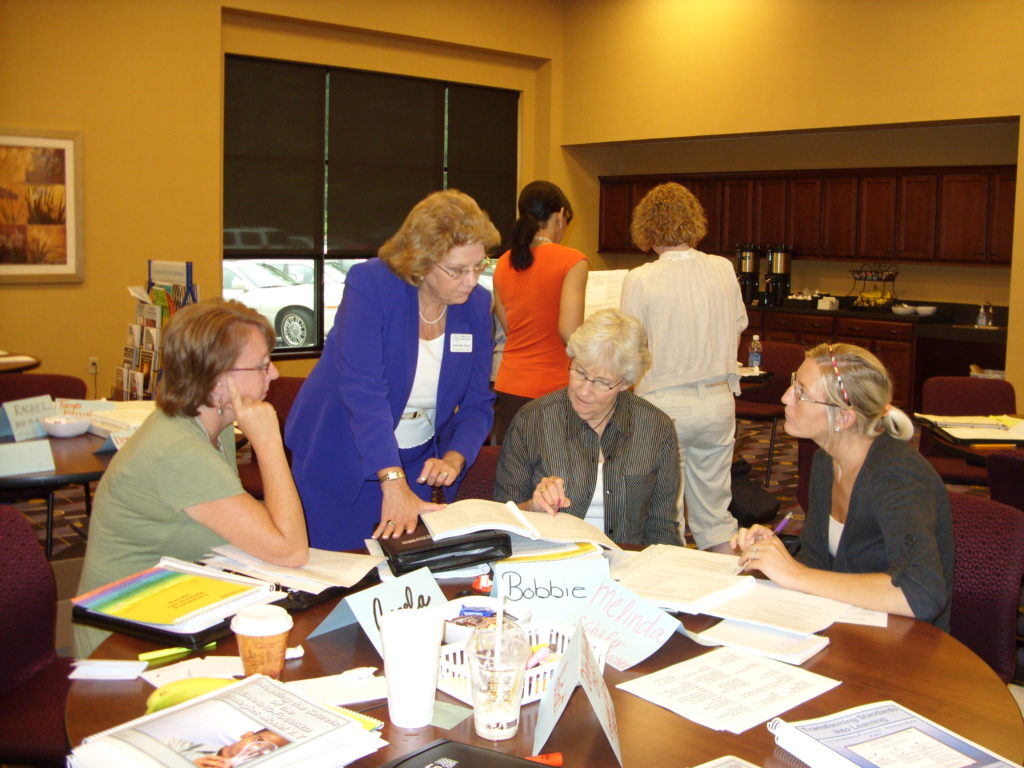How does School Culture Extend to PLC and Faculty Meetings?
May 5, 2021 May 7, 2021
In the book, the culture code, by Daniel Coyle, he describes a contest that was created by Peter Skillman. Each team’s mission, if they chose to accept it, was to build the tallest structure possible with the following materials:
- Twenty pieces of uncooked spaghetti
- 1 yard of transparent tape
- 1 yard of string
- One standard sized marshmallow
One additional rule was that the marshmallow must be at the top of the structure. Over the years this challenge has been given to teams of CEOs, lawyers, business school students, first-year college students, and even kindergartners. The best team builds a structure that is on average 26 inches tall. The other teams build structures that average 15 inches to 22 inches.
If I asked you to identify which team you thought was responsible for constructing the 26-inch-tall structure which team would you guess? The CEO’s or maybe the lawyers? Our instincts lead us to assume that, based on the type of teams included, that the kindergartners would not even be a possibility. And you would be wrong, just like I was. Consistently, the teams of kindergartners outperformed all other groups.
Why does it matter who created the tallest structure with such unimportant items?
Understanding the actions of each team and the kindergartners can help you understand how to create a more effective PLC, grade-level team, department, faculty meeting, or school. Before I talk about the kindergartners I should first talk a bit about the actions of most adults.
In Oren Klaff’s book, Pitch Anything – An Innovative Method for Presenting, Persuading, and Winning the Deal, he talks about understanding the “power” dynamics of any meeting. It is the understanding of these power dynamics that allow some people to get people to say yes or to be victorious in most of their pursuits. Unfortunately, one of the first things that happen to adults in this challenge is they try to figure out who is in charge and what are the power dynamics of this meeting. Is it okay to question someone’s idea? What are the rules?
Most of us have been a part of a meeting like this. During my first year of teaching, we were gathered for a staff meeting and the principal was proposing that we all give up five minutes of our time for something. To this day, I don’t remember what the five minutes were for, but I remember thinking it was something that might help kids. I immediately vocalized my support for which another teacher leaned over and told me to be quiet. She proceeded to tell me that I have not been teaching long enough to understand. Being made to feel as if you have been put into your place by a colleague not only feels horrible, but it can lead to lasting insecurities and issues of trust.
Extending School Culture in Faculty Meetings: Act Like Kindergarteners
Now back to those kindergartners. Can you guess what they didn’t do? You’re right, there wasn’t any time or energy wasted on power dynamics. They all worked toward the goal of building the tallest structure. They stood shoulder to shoulder and worked energetically together. When they saw a problem, they pointed it out and offered a new idea and focused on the outcomes of the new idea. It was the focus on the outcomes that guided them toward creating the highest structure of all the groups.
Some of the most successful companies, like Google, have the same type of culture in place. So, at your next meeting, act like a kindergartner. Don’t worry about the power dynamics, reinforce your culture of achievement, stand shoulder to shoulder with your team members, and focus on the outcomes. Maybe you will build something amazing!
